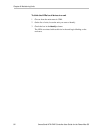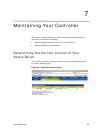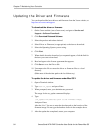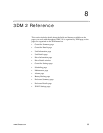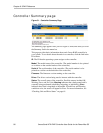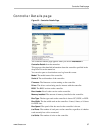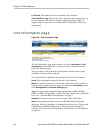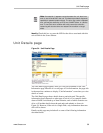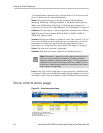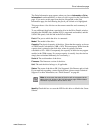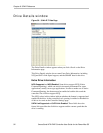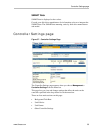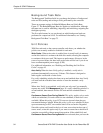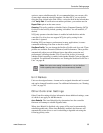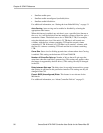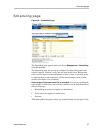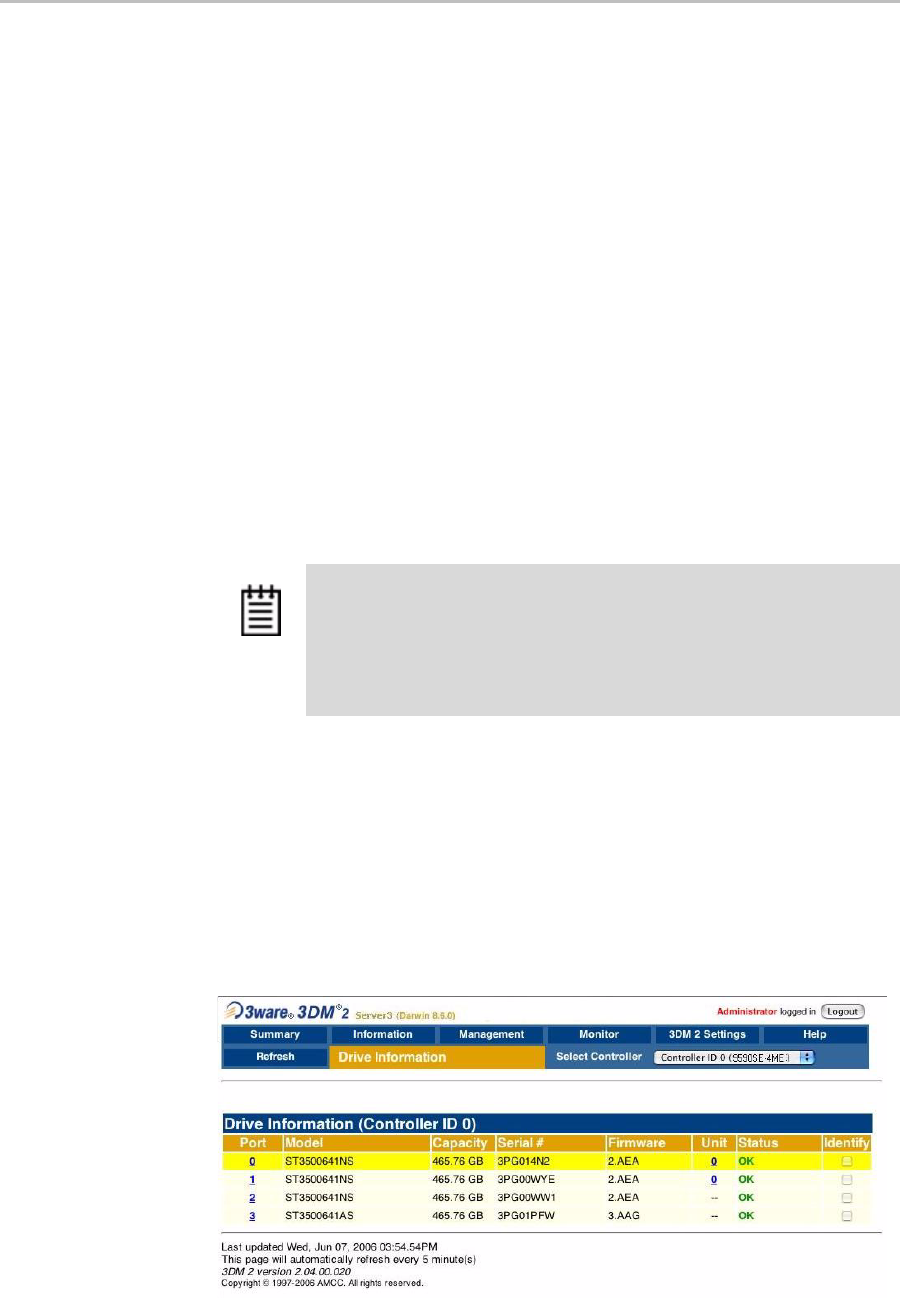
Chapter 8. 3DM 2 Reference
90 3ware Serial ATA RAID Controller User Guide for the Power Mac G5
To see details about a particular drive, click the Port #. You’ll see a list of all
drives, with the drive you selected highlighted.
Status. The operational status of the unit or subunit: OK, Rebuilding,
Migrating, Initializing, Verifying, Degraded, or Inoperable (missing drives).
When a unit is Rebuilding, Initializing, or Verifying, the percentage (%)
complete is also shown. For status definitions, see “Unit Statuses” on page 63.
Capacity. The total capacity of the unit (capacities of subunits are not shown).
Type. The type of unit or subunit. RAID 0, RAID 1, RAID 5, RAID 10,
Single Disk, Spare, or Disk
Volumes. Displays the number of volumes in a unit. This is usually 1. If you
have a unit on which you have enabled the auto-carving policy, you will see
the number of volumes into which the unit has been divided. For more
information, see “Using Auto-Carving for Multi LUN Support” on page 32.
Stripe. The stripe size of the unit, if applicable.
Subunits. If the unit has subunits, details of the subunits are shown.
Port #. If the Type is Disk, Single Disk, or Spare, the port to which the drive
is connected is shown. For multiple drive units, the port numbers are shown in
the subunits section. The port number is a link to the Drive Information page.
Drive Information page
Figure 35. Drive Information Page
Note: If an asterisk (*) appears next to the status of a subunit, there is
an error on one of the drives in the subunit. This feature provides a
diagnostic capability for potential problem drives. The error may not be a
repeated error, and may be caused by an ECC error, SMART failure, or
a device error. Rescanning the controller will clear the drive error status
if the condition no longer exists.



